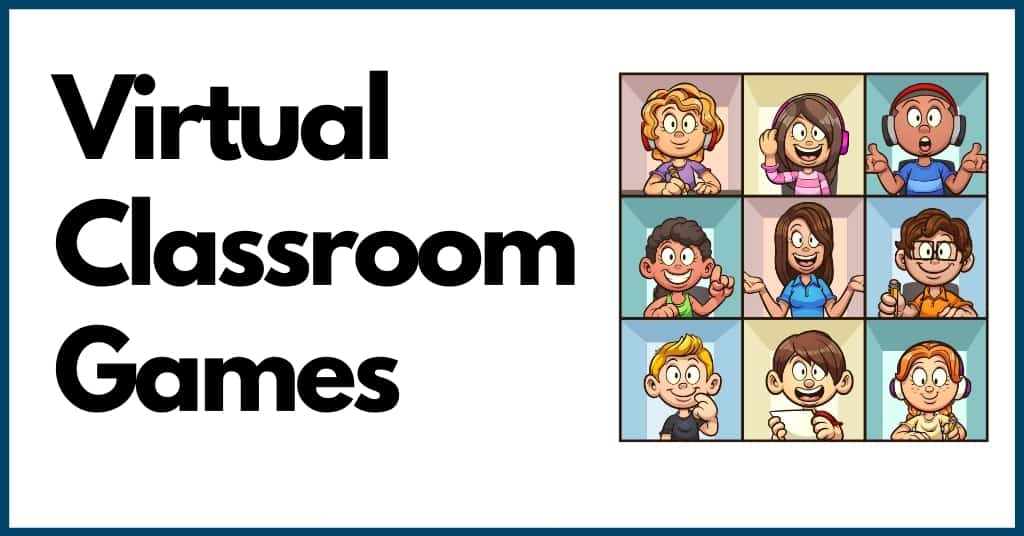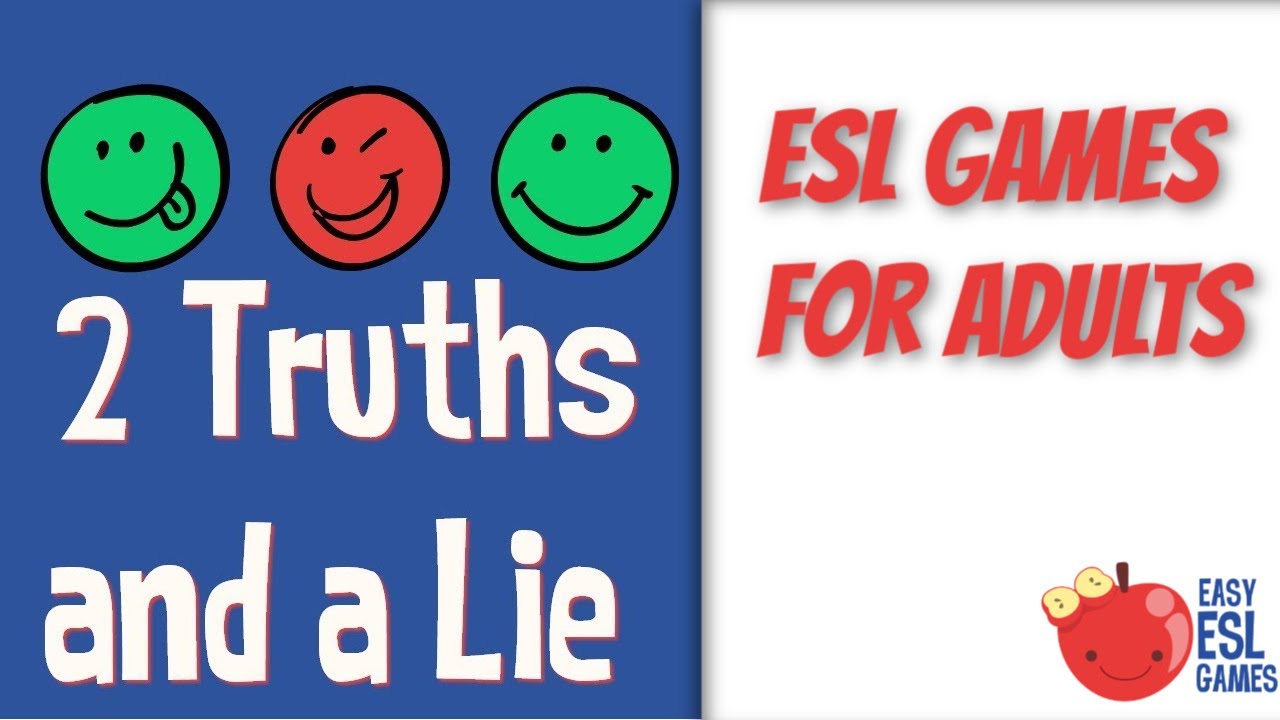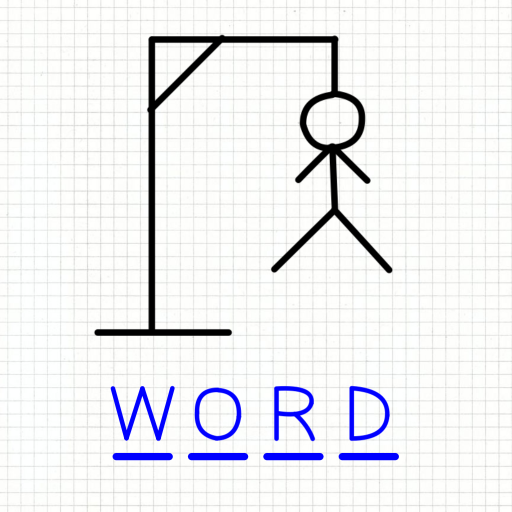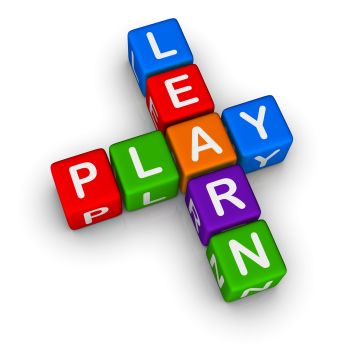
Research has found that applying games in teaching a foreign language in general and English in particular can improve learning much more comfortably by increasing motivation.
A welcome break from textbooks, games take an interactive approach to learning. This is especially helpful for less confident or frustrated students.
Games also help teachers shape their teaching model – after all, who’s more fun, the teacher who plays games or the teacher who relies on the textbook only?
Below are some helpful games that teachers can use in class to make your lessons more joyful and effective:
- TWO TRUTHS AND A LIE
Two Truths and A Lie is a fun game that is perfect at the start of term as a ‘getting to know you kind of game. It is also a brilliant ice breaker between students if you teach classes who do not know one another -- and especially essential if you are teaching a small class size.
The game is excellent for practicing speaking skills, though make sure you save time after the game to comment on any mistakes students may have made during the game. (I generally like to reserve this for after the game, so you don't disrupt their fluency by correcting them as they speak).
. Why use it? Ice-breaker; Speaking skills
. Who it's best for? appropriate for all levels and ages


*How to play:
. Write 3 statements about yourself on the board, two of which should be lies and one which should be true.
. Allow your student to ask you questions about each statement and then guess which one is the truth. You might want to practice your poker face before starting this game! If they guess correctly then they win.
*Extension: Give students time to write their own two truths and one lie.
. Pair them up and have them play again, this time with their list, with their new partner. If you want to really extend the game and give students even more time to practice their speaking/listening skills, rotate partners every five minutes.
. Bring the whole class back together and have students announce one new thing they learned about another student as a recap.
2. HANGMAN
This classic game is a favorite for all students but it can get boring quite quickly. This game is best used for 5 minutes at the start to warm the class up or 5 minutes at the end if you’ve got some time left over. It works no matter how many students are in the class.
. Why use it? Warming up / winding down class
. Who it's best for? Young learners

*How to play:
. Think of a word and write the number of letters on the board using dashes to show many letters there are.
. Ask students to suggest a letter. If it appears in the word, write it in all of the correct spaces. If the letter does not appear in the word, write it off to the side and begin drawing the image of a hanging man.
. Continue until the students guess the word correctly (they win) or you complete the diagram (you win).
3. PICTIONARY
This is another game that works well with any ages; children love it because they can get creative in the class, teenagers love it because it doesn’t feel like they’re learning, and adults love it because it’s a break from the monotony of learning a new language - even though they'll be learning as they play.
Pictionary can help students practice their vocabulary and it tests to see if they’re remembering the words you’ve been teaching.
. Why use it? Vocabulary
. Who it's best for? All ages; best with young learners

*How to play:
. Before the class starts, prepare a bunch of words.
. Tell the students to draw the word as a picture on the board and encourage the student to guess the word.
. The student who has completed the drawing then gives her/ him rewards for it.
. Repeat this until all the words are gone - make sure you have at least 5 words and all words are in the same theme, much better if it’s related to the class lesson.
4. Heads Up
In this game, the teacher shows the student a series of words (such as capital cities) and the student describes them to the teacher. The teacher then guesses what the word is based on the student’s description. You could add a time limit for each word to increase the pressure!
It might sound simple, but it’s great fun and a really effective way to review vocabulary. Students are actually paraphrasing during this game, which is especially useful for advanced students. If a student's level isn’t high enough to describe the word in their own words, the roles can be switched. Why not try playing this as a warm-up, and see if students remember what they learned in the last lesson?
5. Fortune Teller
Fortune Teller is a role-playing game that encourages students to ask questions in the future tense. As the Fortune Seeker, your student asks you open questions they would like to know about their future selves, such as “When will I meet my wife?”. Creativity is a must for this game, so don’t be afraid to have fun and be silly as you play.
6. Password
In this game, the student guesses the answer from single-word clues given by the teacher. It’s a great game to encourage a deeper understanding of vocabulary through word association and synonyms.

These games will boost your student's engagement and happiness as they learn! Remember, these are just 6 in the seas of different EFL games that you can use in your online class. As you get more confident in the classroom, you can start putting your own spin on games and eventually make up your own.
Whatever the age of your students, make sure your students enjoy playing games in class. An EFL online class should be fun, active, and challenging and these games could hit all the pots in the warm-up and wrap-up activities.
*Sources:
https://www.gooverseas.com/blog/10-best-games-esl-teachers
https://support.italki.com/hc/en-us/articles/900002707683-Games-for-1-1-online-language-lessons